Simplifying Financial Confusion
LEARN CASH FLOW HACKING TO REACH FINANCIAL FREEDOM
Used by 90% of millionaires to reach their financial goals 4x faster
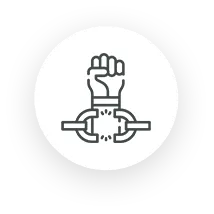
Achieve Financial Freedom Through Cash Flow Hacking
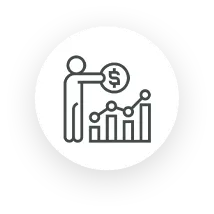
Increase Your Lifestyle While You Build Your Wealth
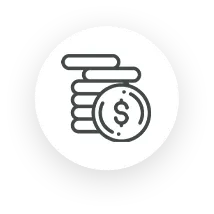
Position Yourself to Thrive in Market Downturn
YOU SHOULD NOT FEEL OUT OF CONTROL ABOUT YOUR FINANCIAL STRATEGY

Have easy access to your money in case of emergencies and opportunities

Use the investment strategy 90% of millionaires use

You deserve a clear plan to consistently grow your money and avoid market uncertainty

Have a guide and advisor that has your best interest in mind

Do not overpay in taxes

Stop guessing at the best vehicles to protect and grow your money
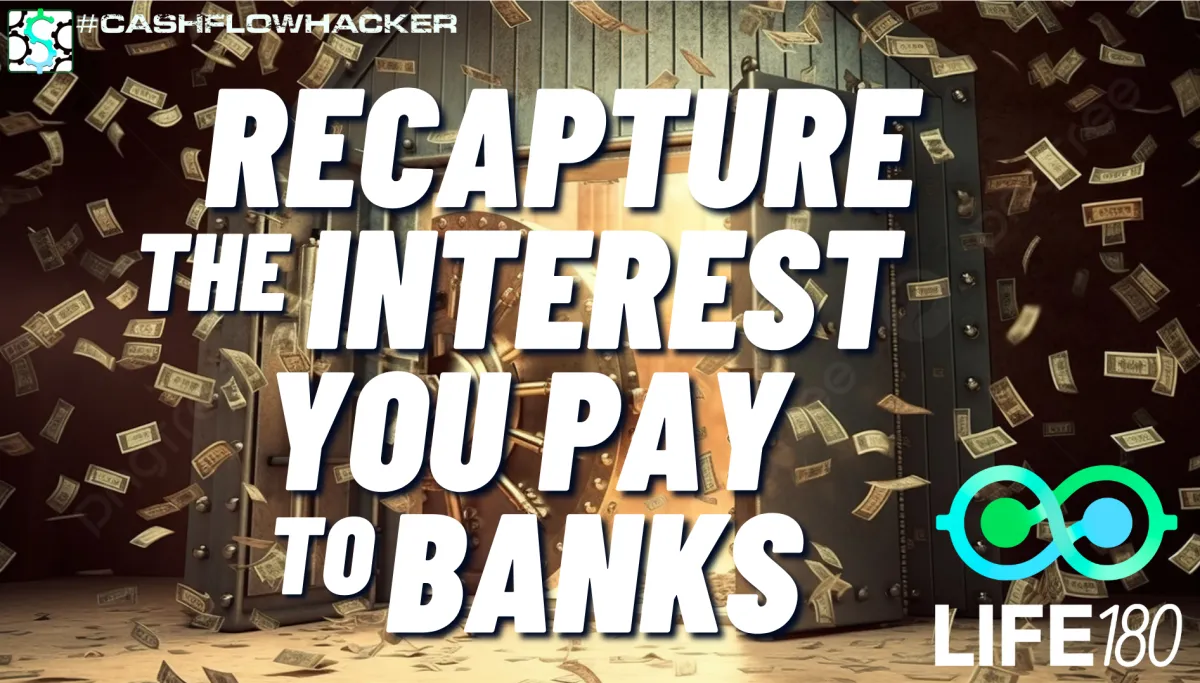
Infinite Banking Is Sound banking | How To Use Whole Life Insurance To BYOB
This article serves as a written adaptation of the video content found on our LIFE180 YouTube channel.
The world of banking is in turmoil, leaving many wondering: why? After all, we entrust banks with our hard-earned money under the assumption that it will be kept safe. Yet, how is it possible that banks, institutions meant to safeguard our funds, can falter and jeopardize our finances?
The root of this issue lies in the transformation of the banking system since its inception in 1913, marked by the introduction of the fractional reserve banking system in the United States. This marked a pivotal shift in the way banks operated and managed funds, setting the stage for the complexities and vulnerabilities we see today.
In this article, we will delve into captivating subjects such as monetary policy, fractional reserve banking, and the concept of sound banking, which I like to term as "infinite banking".
If you're as passionate about personal finance as I am and thrive on expanding your knowledge to achieve financial success, I invite you to explore my YouTube channel, LIFE180. Ensure you're subscribed and don't forget to hit the notification bell. This way, you'll be the first to know whenever I upload new content, keeping you informed and engaged with all the latest updates.
Banking Should Be Boring
That's why today we're delving into the intriguing world of banking. Yes, as surprising as it may seem, banking is indeed captivating. And while it shouldn't necessarily be an exhilarating topic, it's proving to be just that in 2024.
Traditionally, banking has been associated with boredom, right? A place to deposit your money for modest returns and security. But not anymore, not in 2024. In recent years, we've witnessed the collapse of five banks, and experts like Jamie Dimon warn that up to 180 banks could face a similar fate in the near future. It's clear we're only scratching the surface of this issue.
In recent years, we've witnessed the collapse of five banks, with experts like Jamie Dimon warning that as many as 180 banks could meet a similar fate in 2023 alone. What lies beneath the surface is yet to fully unveil, hinting at a larger crisis looming ahead.
The surface presents a colossal problem, akin to the looming iceberg, and the banking system finds itself navigating the economic waters akin to the ill-fated Titanic. Already, in the current year alone, we've borne witness to three significant bank failures, including SVB, Signature, and First Republic Bank. How did this come to pass?
The answer lies in a complex interplay of various factors contributing to the downfall of these institutions. Allow me to shed light on some of these elements.
Banks Don't Have Reserves and Have Made Poor Investments
First and foremost, banks lack reserves. Since 2020, there hasn't been a requirement for banks to maintain reserves on hand. Let me break this down for you. You might not be aware of this, but the moment you deposit your money into a bank, it ceases to be exclusively yours. Instead, the bank uses those funds to lend out and generate profits.
To compound matters, banks have the authority to lend out up to 100% of the funds deposited. On the surface, it appears to be a lucrative arrangement for the bank but a precarious one for depositors like you and me. This practice, known as fractional reserve banking, poses significant risks.
The second factor contributing to bank failures is poor investment decisions. With fluctuations in interest rate markets and rising rates, banks have found themselves increasingly vulnerable.
This vulnerability stems from the fact that the assets on their books, to which they've lent money, are tied to lower interest rates. Consequently, the returns they earn from bonds and interest rates are lower than the rates at which they acquire new funds or pay out existing ones.
That imbalance creates significant challenges for banks, exacerbating their financial woes.
There Has Been A Reduction In Bank Deposits Leading To Bank Failure
The third crucial element in this equation is the contraction in actual banking deposits. It's reminiscent of a house of cards scenario because once people perceive the risks involved, trust in the system wanes. Consequently, when trust erodes, individuals refrain from depositing money into the system altogether.
Herein lies the issue. Without new inflows of capital into the banks, they struggle to meet their obligations to depositors, as they've already allocated the bulk of their funds through lending. Remember the part about the absence of reserves? This is precisely what I'm referring to.
That's precisely what led to the downfall of First Republic Bank. They cited a significant stressor and the primary cause of their failure as a staggering $100 billion reduction in deposits during the first quarter, which ultimately pushed them to insolvency.
Is The Banking System A Ponzi Scheme?
Hold on a moment, it almost sounds like Bernie Madoff rose from the grave to resume running banks. Doesn't it strike you as though the fractional reserve banking system bears a resemblance to a Ponzi scheme? In fact, one might argue it's the very definition of a Ponzi scheme. If a bank's solvency hinges on continually attracting new deposits, then indeed, it aligns closely with the characteristics of a Ponzi scheme.
Let's not entertain the notion that banking executives were blindsided by the prospect of rising interest rates. We've languished in a low-interest-rate environment for over a decade now; it was only a matter of time before rates climbed. This is, plain and simple, a manifestation of greed.
They were undoubtedly aware of their vulnerability, yet their disregard stems from the assurance of being bailed out by the FDIC, while banking executives continue to rake in millions in bonuses. But who bears the brunt of this recklessness? Ultimately, it's you, the taxpayer.
It's indeed a disturbing realization when we acknowledge that the FDIC is supported by taxpayer funds. The cycle is disheartening, bankers take risks, secure in the knowledge that the FDIC will bail them out if needed, all while profiting handsomely from our deposits. Have you ever stopped to consider just how much money these bankers are pocketing from your hard-earned funds?
How Banks Make Money?
To unravel this, let's examine the typical American's financial habits. You work diligently, earning a salary of $50,000 or more per year. Then, like clockwork, you automate the deposit of your earnings into your bank account.
Each time you make a deposit, the bank's lending capacity expands. For instance, if you deposit $1,000 from your weekly paycheck, the bank can utilize that sum to extend loans, such as a car loan with an interest rate of 8%.
And what do they offer you in return? A mere fraction of what they earn, from a meager tenth of a percent to a paltry 1%. So, what does this signify? It translates to the banks reaping profits ranging from 800 percent to a staggering 8,000 percent on the money you entrust them with. What's even more astonishing is that you willingly participate in this arrangement, and the situation only deteriorates from here.
If you're like the average American household, you likely have a mortgage, a couple of car payments, and a few credit cards in your financial portfolio. Unfortunately, many households find themselves allocating a significant portion of their income towards interest payments annually.
In fact, according to consumerfinance.gov, Americans collectively spent a staggering $120 billion on credit card interest payments alone in 2020. To exacerbate matters, total credit card debt has surged by nearly 50% since then. It's clear that this paints a grim picture of financial health.
Did you know that when you secure a 30-year mortgage at a 7% interest rate for a $400,000 home, you end up paying a staggering $557,960 in interest over the life of the loan, more than the actual price of the house itself? However, it's worth noting that there have been occasions, such as recently, when mortgage rates have been so low that obtaining a mortgage made financial sense.
Your Cheap Money Might Be Crashing The Banking System
What's truly astounding is that the attractiveness of mortgages, fueled by remarkably low interest rates and their favorable terms, may ironically contribute to the downfall of banks.
I believe many individuals engage in the conventional banking system simply because it's all they've ever known. There's a pervasive lack of understanding regarding how banking truly operates and how money functions.
Ultimately, it all boils down to a game of control and misdirection. Banks coax you into relinquishing control of your money, allowing them to reap astronomical returns without shouldering any risk.
Meanwhile, they persuade you to invest your funds in the stock market, risking everything for a mere 8% return if you're fortunate. It's as though there's a glitch in the matrix. This is precisely why I'm so fervently passionate about infinite banking.
How To Use Whole Life Insurance As A Banking Alternative
If this is your first encounter with the concept of infinite banking, you might be wondering, "What exactly is it?" While there's much to explore and I've created numerous videos delving into the intricacies of infinite banking, for the purposes of this article, let me simplify it: Infinite banking entails the implementation of a properly designed whole life insurance policy, intended to serve as a secure repository for your funds, akin to a bank.
You might be wondering, "Why would I want to save money in a whole life policy and use it as a banking alternative? It's life insurance, after all." Allow me to provide you with one compelling reason.
While a staggering five banks have already failed in 2023 alone, only one participating mutually held life insurance company has failed since 1842. That's a track record spanning 182 years, enduring through the Civil War, Great Depression, World Wars, Cold War, dot-com bubble, Great Recession, and beyond. Just one failure amidst countless economic upheavals.
How is this possible? Despite banking not being the primary focus of life insurance companies, the regulations governing mutually held whole life insurance companies, distinct from IUL companies, mandate that these institutions manage your funds in a manner that you might have assumed banks were obligated to do in the first place.
Most Whole Life Insurance Agents Don't Know How To Design A Policy Correctly
The only caveat to utilizing a whole life insurance policy as your banking alternative is that it must be meticulously designed. Regrettably, a vast majority of agents lack the expertise to execute this effectively. I would venture to say that over 95% of agents nationwide lack the know-how to configure your policy in a manner that enables it to fulfill this purpose.
However, if you collaborate with an agent who possesses the expertise to craft a well-designed policy and guide you throughout its lifespan, you'll witness how your policy can surpass the performance of a traditional bank over time. You'll enjoy comparable liquidity of your funds, coupled with additional benefits.
Indeed, one of the primary advantages of a whole life insurance policy is tax-free life insurance. Additionally, you have the potential to access tax-free income by utilizing the cash value accumulated within your whole life policy.
Your whole life policy also offers living benefits. In the event of critical or terminal illness, you can tap into the policy's funds to cover medical expenses or supplement disability or long-term care insurance. Most importantly, it empowers you to reclaim control over the banking function in your life.
At this point, you might be wondering, "Take back what exactly?" My words may seem cryptic, but bear with me. Allow me to elucidate further. Recall the significant returns, ranging from 800 to 8,000 percent, that banks reap on your deposits, devoid of risk.
Take Back The Banking Function In Your Life
Now, imagine if I revealed a method whereby you could construct your own financial system, gradually wresting control from the banks, reducing your reliance on them, and recapturing that interest to propel you towards your goals and aspirations.
This approach aims to redirect those funds towards fulfilling your objectives, rather than padding the pockets of banking executives who receive golden parachutes when their institutions collapse.
This is precisely what it's all about when executed correctly. If you're interested in learning how to implement this strategy or envisioning how it could fit into your life, there are a few steps you can take.
Firstly, consider scheduling a call with one of the coaches on my team. They're equipped to address any inquiries you may have and can provide personalized insights into how this concept may align with your unique financial circumstances.
Secondly, I encourage you to continue your financial education. While subscribing to the channel is a great start, I also recommend exploring the "Infinite Banking playlist” and watching the "Infinite Banking Simplified" video. These resources provide a comprehensive overview of what this concept entails, particularly if you're new to the topic.
Until next time, have a blessed and inspirational day. We'll talk soon.
HOW TO START TAKING CONTROL OF YOUR FINANCES BY MAXIMIZING YOUR CASH FLOW AND PROTECTING YOUR ASSETS
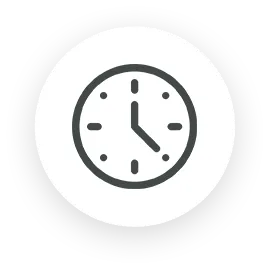
1. Schedule Your Free Clarity Call

2. Create a Free Customized Plan
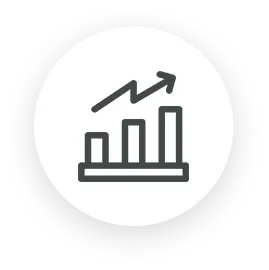
3. Get Guide to Financial Success
GET YOUR FREE COPY TO STOP USING OUTDATED RETIREMENT STRATEGIES
Cash Flow Hacking teaches you to:
Protect Your Investments
Thrive in bad markets
Reach financial freedom faster
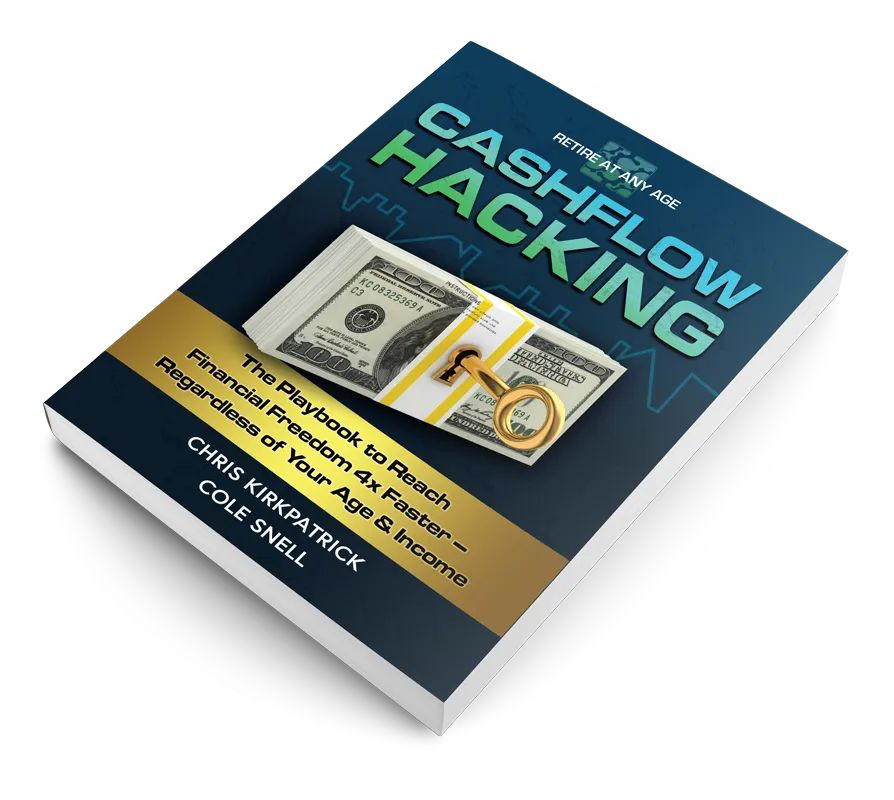
ARE YOU LOOKING FOR:
Cash Flow Hacking teaches you to:
Security to protect your money
Increased cash flow and lifestyle
Inflation protection
Financial certainty in all economic environments
A reduction in taxes
Safe and fast access to your money with no penalties
WHO IS THIS PROGRAM FOR?

People looking for an alternative
Are you looking for alternatives to Wall Street’s “buy and hold” strategy that takes 40 years with uncertain results? Our Cash Flow Hacking strategies provide you the building blocks to get started on the right foot

Passionate Entrepreneurs
Are you looking for a financial strategy that will take your best assets (you and your businesses) and multiply their potential? Our Cash Flow hacking strategies will teach you how to invest for the future without sacrificing building your business
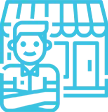
Real Estate
Investors
Are you a real estate investor who is burned out from being a landlord or playing the fix-and-flip game? Our Cash Flow Hacking strategies will provide you with the system to create predictable wealth AND give you the freedom you are looking for.
YOU DESERVE PEACE OF MIND AND A PLAN THAT WILL PROTECT YOUR FAMILY AND GROW YOUR WEALTH
Today you need to be more savvy than ever if you try to go at it alone.
Losing money to inflation, taxes, and just poor investment strategies is leaving you frustrated, feeling out of control and not knowing where to turn. To add to the problem, the market is flooded with advisors who have outdated advice that does not place your best interests first, but instead focuses on charging you a fee that creates guaranteed cash flow for them.
NOT YOU
We believe this is wrong and that your security and best interests should be placed first. We believe you should be in a position where you control your money, your money doesn't control you. We understand because we talk with hardworking people everyday that are losing money in the markets based on old information and feel like they are guessing at the best course of action.
We created the Cash Flow Hacking plan to help you have security and control of your money to take advantage of life's opportunities because you deserve peace of mind with your wealth. The old way of planning for retirement of… Go to school Get a job & save as much as you can in your 401k and mutual funds...is broken.
You have been lied to. Think about it, where else in life does someone tell you that the most certain way to achieve your desired result is to take on more risk? The math just doesn't work, and the results are showing in our country and world. Did you know that 90% of millionaires in the United States have 1 asset in common?
Hint: it's not stocks or mutual funds (and no...it's not crypto) How much sense does it make for you to work hard, save money, reduce your current lifestyle (because that's what you are doing when you save for the future - taking money you could use on lifestyle today and delaying gratification to a future unknown time), and hope that whatever you are doing will work three to four decades from now? If you're thinking, "not much sense at all…", you are in the right place.
With over 50 years of experience on our team, we have worked with thousands of individuals and families to achieve financial freedom faster and with more predictability by helping them invest for Cash Flow.
How does the Cash Flow Hacking Plan work? 1. Take the Cash Flow Hacking Challenge 2. Complete the LIFE180 X-Ray and determine what your Freedom Number is 3. Work with a Cash Flow Hacking expert to provide you a customized plan
The customized Cash Flow Hacking plan will give you clarity on where you are now, where you want to go (and in what time frame), and what you need to do to get there predictably.
We value and commit to you: We believe you deserve the best financial education and guidance We believe financial decisions should not be rushed but be well thought out with a plan We believe you should be in control of your money We believe we earn your trust through time, education, and proper due diligence Without a proper plan and guidance, your money can be lost to taxes, inflation, and bad investments You deserve more with the most up-to-date strategies to mitigate your risk, control your money, and earn stable returns regardless of the market Schedule a call here to attain your LIFE180 Financial X-Ray now or get started with the Cash Flow Hacking Challenge for free.
I am interested in...